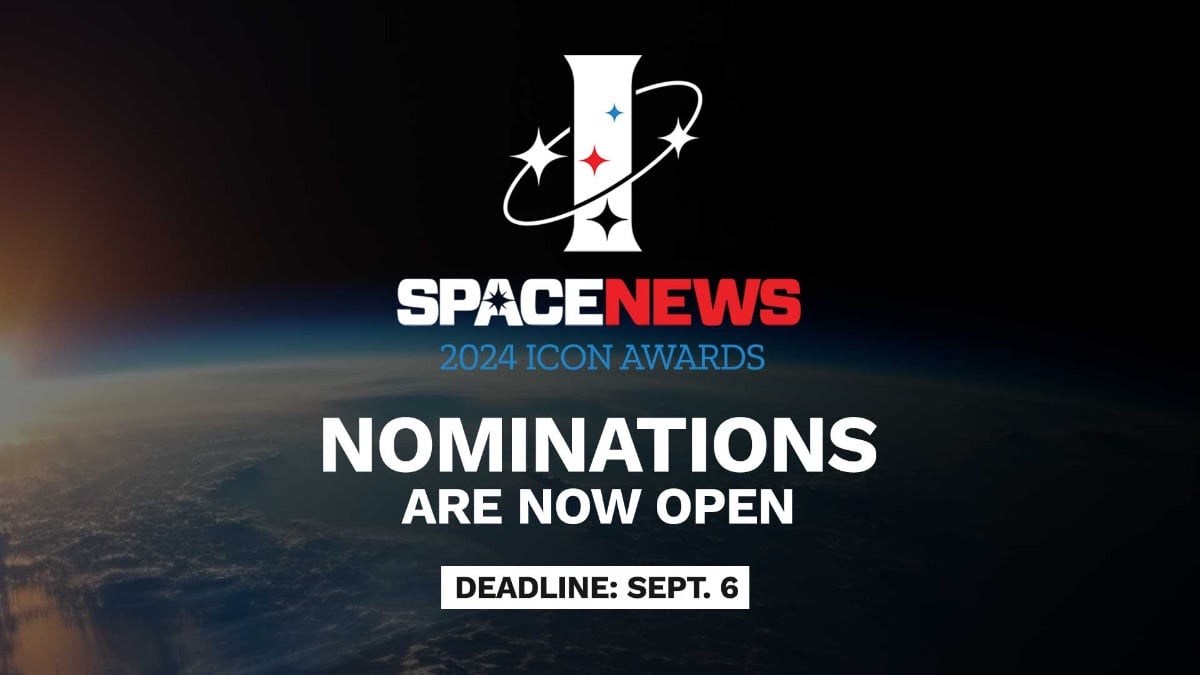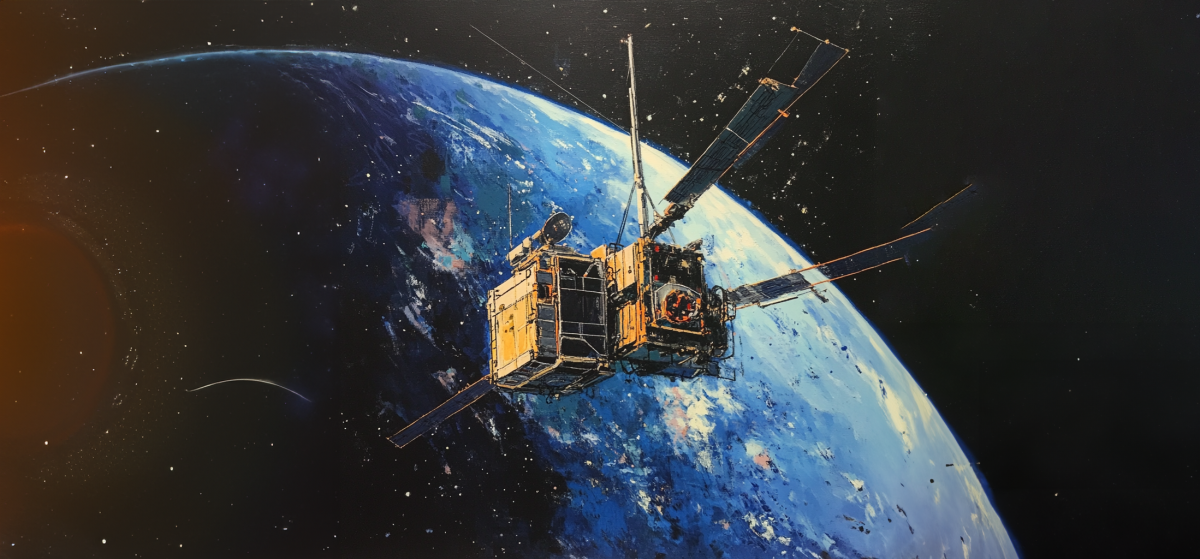Top Stories of the Week From SpaceNews
Welcome to our weekly roundup of the top SpaceNews stories of the week, brought to you every Friday! This week, Falcon 9 is grounded again, details on the CST-100 Starliner's return, and more. | | |
|
|
|
FAA pauses Falcon 9 launches to investigate failed booster landing
|
|
|
|
By Jeff Foust, August 28, 2024 |
|
|
|
Falcon 9 launches are temporarily on hold as the Federal Aviation Administration looks into any public safety implications of the failed landing of a booster early Aug. 28.
In an Aug. 28 statement, the FAA stated it was aware of the incident earlier that day when a Falcon 9 booster landed on a droneship on an otherwise successful launch of 21 Starlink satellites. Upon landing, flames erupted from the booster's base and the vehicle tipped over seconds later.
While the incident caused no injuries or damage beyond the loss of the booster, the FAA noted in its statement that it is requiring an investigation. That will, for the time being, prevent SpaceX from conducting additional launches. | | |
|
|
|
 | | | Other News From the Week |
|
|
|
Firefly names space industry veteran Jason Kim as new CEO
Kim joins Firefly from Millennium Space, a Boeing subsidiary specializing in small satellites primarily for U.S. government agencies, where he served as CEO. He previously held executive positions at Raytheon Intelligence & Space, and Northrop Grumman Aerospace Systems.
Valve problem blamed for Peregrine lunar lander failure
Astrobotic released Aug. 27 a report by a failure review board that examined the Peregrine Mission One flight in January. That mission suffered a propellant leak hours after launch that kept the spacecraft from attempting a lunar lander. The spacecraft instead flew through cislunar space for 10 days before reentering over the South Pacific.
With successful airlock test, Lockheed Martin invests in inflatable space structures Lockheed Martin recently tested an inflatable airlock structure to determine creep factors, or how much it wears and tears over time. With new safety data in hand, the company plans to invest in bigger inflatable structures for space. | | |
|
|
|
| | NASA selects Intuitive Machines for south pole lunar lander mission
NASA announced Aug. 29 that it awarded a task order valued at $116.9 million through its Commercial Lunar Payload Services (CLPS) program to Intuitive Machines. That company's Nova-C lander will deliver six payloads, with a combined mass of 79 kilograms, to the south polar region of the moon in 2027.
NASA's inspector general predicts continued cost growth for SLS mobile launch platform
The Aug. 27 report by NASA's Office of Inspector General (OIG) concluded that NASA could end up spending $2.5 billion on a contract with Bechtel to design and build Mobile Launcher 2 (ML-2), the launch platform that will be used by the larger Block 1B version of SLS, and may not be ready to support a launch until 2029.
Starliner return from ISS set for Sept. 6
Starliner was to remain at the ISS for as little as eight days before returning to Earth with Williams and Wilmore on board. However, NASA repeatedly extended the spacecraft's stay as engineers focused on the thruster problems. The agency decided Aug. 24 to return Starliner uncrewed, concluding uncertainty about how those thrusters would perform during critical maneuvers made it too risky to have astronauts on board. | | |
|
|
|
 | Help Us Decide!
Do you know a company, individual, or team that deserves to be recognized? Nominate them today! Categories include Emerging Space Company, Mission Excellence, Innovative Technology, and more.
Submit Your Nomination Here
Save the Date:
The 2024 SpaceNews Icon Awards will be held Friday, Dec. 6, at Washington, D.C.'s Intercontinental Hotel at the Wharf. Stay tuned for more details.
| | |
|
|
|
|
|  | By Dana A. Goward, August 28, 2024
| In Ukraine and the Middle East, smart weapons are degraded or neutralized. Drones and missiles are deflected or turned back on attackers.
In the Baltic, South China Sea and elsewhere, denial and manipulation of satellite navigation signals has become a daily part of great power competition. These stark demonstrations of vulnerabilities have highlighted long-standing concerns about the capability of GPS and other American positioning, navigation, and timing (PNT) capabilities.
Recently, security and navigation experts published two documents that offer strong critiques of the low priority and attention senior leadership has given to PNT issues over the last 20 years.
Space weather: prioritization, not policy, is the missing piece in U.S. resilience By Brian Cavanaugh, August 26, 2024
A recent SpaceNews op-ed outlined an impassioned and emphatic need to get space weather policy right. While the passion behind this article is appreciated, the major gap in improving the United State's space weather resilience is not policy. It is the need for prioritization and sufficient funding to appropriately implement the deep backlog of legislative responsibilities and extant policy guidance and recommendations to improve the space weather resilience of our infrastructure and communities.
|
|
|
|
SpaceNews is committed to publishing our community's diverse perspectives. Whether you're an academic, executive, engineer or even just a concerned citizen of the cosmos, send your arguments and viewpoints to opinion@spacenews.com to be considered for publication online or in our next magazine. | | |
|
| | | | |
|
|
